An article by Mendy Marsh, the executive director of VOICE, and Lauren Messina, a gender-based violence in emergencies technical specialist, and a Ukraine crisis response regional manager at VOICE, published in Foreign Policy.
Hours after Russia invaded Ukraine in February 2022, refugees began pouring over the border to Moldova. Ludmila Popovici, the executive director of RCTV Memoria, a Moldovan nonprofit that works with survivors of war and torture, was in Romania at the time undergoing cancer treatment. But with the beginning of what some would now call an “endless war,” Popovici and her team immediately got to work.
...